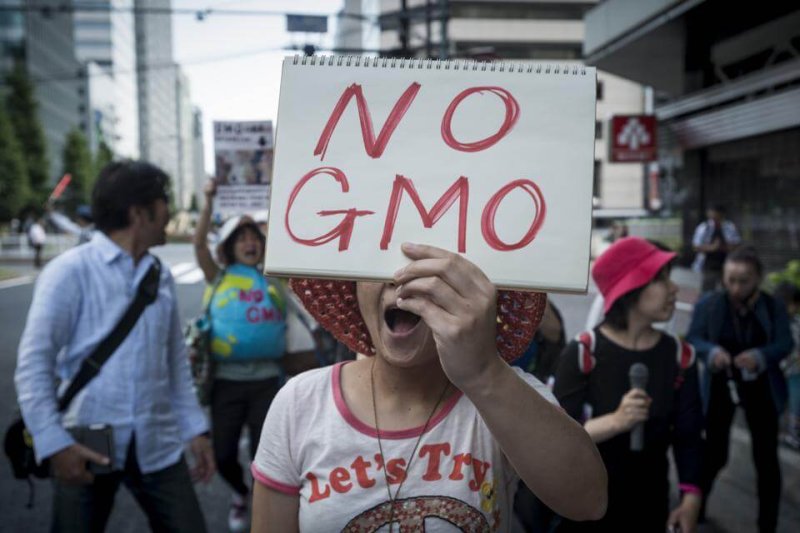The scientific consensus is that SARS-CoV-2, the virus that causes COVID-19, jumped from animals to humans. Yet, USRTK is pushing the debunked conspiracy theory that the virus was made in China because it serves their “GMOs are bad” narrative. And they’re suing the National Institutes of Health (NIH) because… well, why not?
Like all conspiracy theorists, anti-GMOrons just won’t go away. But now it appears that they have been marginalized thanks to companies like Pfizer and Moderna, which are using biotechnology to help rescue us from the COVID pandemic. Both companies are using RNA (which has been genetically edited or modified in some way) as the key ingredient in their coronavirus vaccines.
The recent news that their vaccines are 90% and 95% effective, respectively, means that biotechnology is a savior of humanity rather than a horseman of the Apocalypse. This is obviously bad news for people who make a living by telling people that science is scary.































